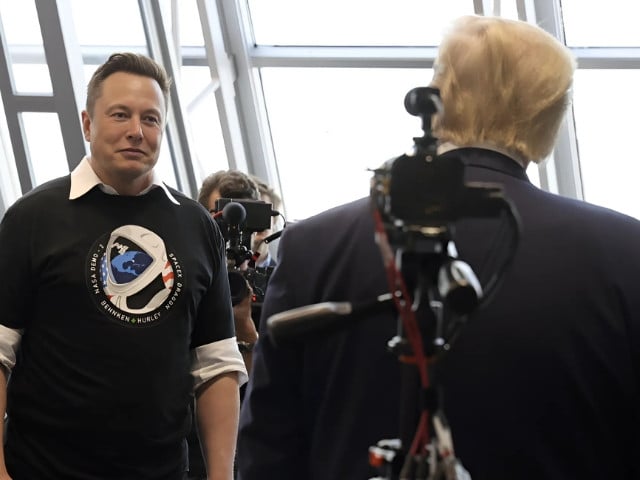
A public clash over the H-1B visa program, which allows skilled foreign workers to enter the US, has sparked significant divisions within Donald Trump's support base, with tech billionaire Elon Musk and his allies backing the program, while hardline immigration supporters in the GOP voiced strong opposition.
The debate intensified following comments from Vivek Ramaswamy, a key figure in Trump's inner circle, who argued that American culture's preference for mediocrity over excellence was a primary factor behind US companies’ reliance on foreign workers, particularly those entering under the H-1B visa.
Ramaswamy, a staunch advocate for reducing government spending, claimed in a lengthy post on social media platform X that the H-1B system helped improve the US economy by attracting foreign talent.
He wrote, "Our American culture has venerated mediocrity over excellence," suggesting that foreign workers bring much-needed skill and innovation to the US However, these remarks quickly drew backlash from Trump supporters who oppose immigration, with many arguing that foreign workers displace US labour.
In the face of the online backlash, Ramaswamy clarified his position, stating that while he believed the system was flawed, the H-1B visa program itself should be overhauled.
His remarks led to a row online, with both mainstream Republicans and far-right influencers joining in the criticism.
Elon Musk, who has been selected by Trump to co-chair the proposed "Department of Government Efficiency," defended the H-1B program, arguing that it brings the "top 0.1%" of engineering talent to the US Musk suggested that America should view itself as a pro sports team, focusing on retaining elite talent to continue its success.
"Thinking of America as a pro sports team that has been winning for a long time and wants to keep winning is the right mental construct," he tweeted, reinforcing his stance on attracting top-tier workers.
Critics of the program, including former UN Ambassador Nikki Haley, who was born to Indian immigrants, argued that the US should prioritise its own workers.
"There is nothing wrong with American workers or American culture," Haley stated, challenging the narrative promoted by Musk and Ramaswamy.
She called for increased investment in American talent, asserting that foreign workers should not be prioritized over US citizens.
The debate over the H-1B program also brought attention to the influence of tech billionaires like Musk in shaping policy within Trump’s administration.
Laura Loomer, a far-right figure known for her vocal support of Trump, criticized Musk for allegedly censoring opposing views on the X platform, and also questioned Trump's decision to appoint Sriram Krishnan, an India-born entrepreneur, as a White House senior advisor on artificial intelligence.
Loomer and other far-right figures have been outspoken in their opposition to the visa program, accusing it of undermining American workers.
The H-1B visa program, which is capped at 85,000 visas annually, with a majority of recipients coming from India, continues to be a point of contention in the broader debate over US immigration.
President-elect Trump has promised to introduce tougher immigration policies once in office, including addressing the H-1B system, which he previously criticised during his first term.
As Trump prepares for his presidency, the clash over skilled worker visas highlights growing divisions within the Republican Party, as the president-elect navigates the competing interests of his supporters, including those advocating for stricter immigration controls and those who see foreign talent as crucial to US economic success.
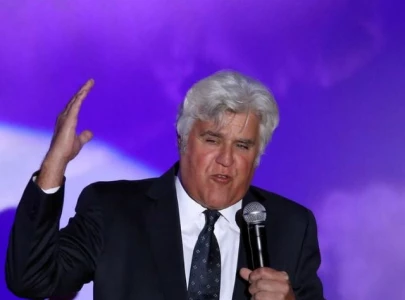




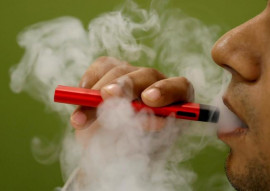

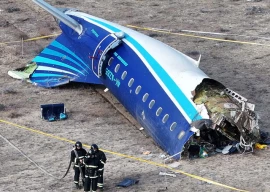




1735299255-0/sidra--(18)1735299255-0-270x192.webp)

1735380262-0/Untitled-design-(75)1735380262-0-270x192.webp)
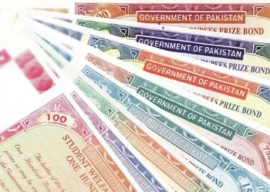
1735296145-0/sidra--(16)1735296145-0-270x192.webp)

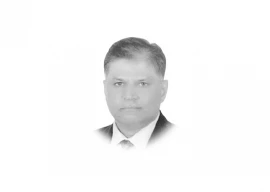

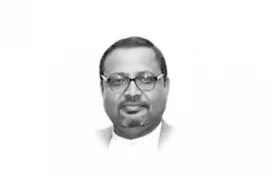


COMMENTS
Comments are moderated and generally will be posted if they are on-topic and not abusive.
For more information, please see our Comments FAQ